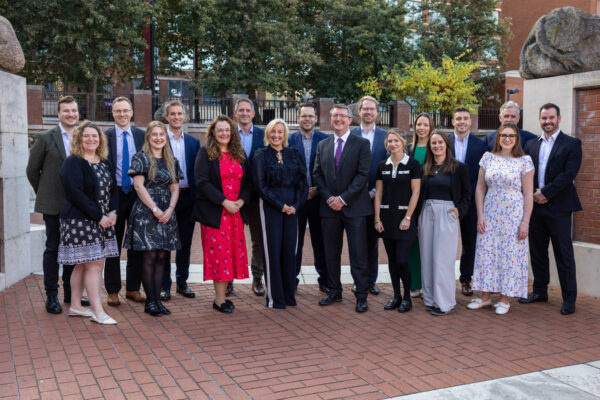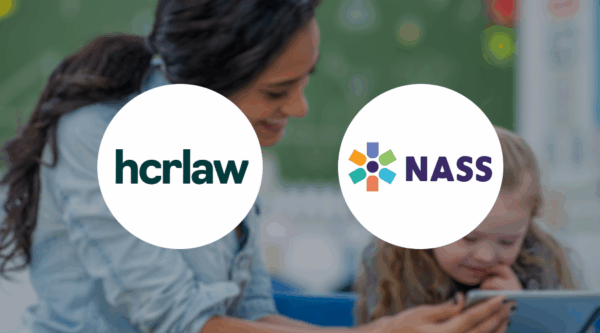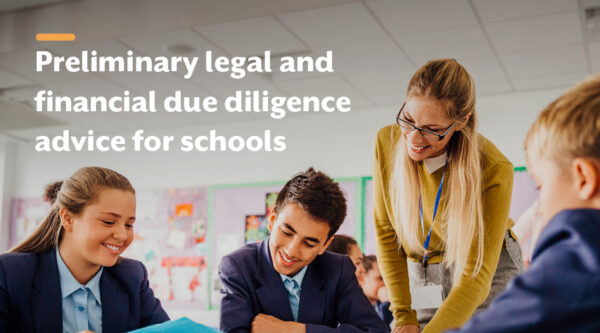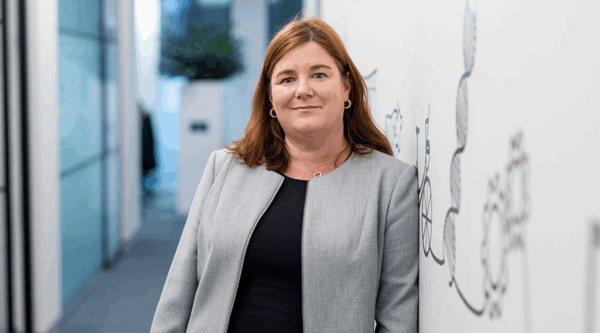

In June, the Department for Education (DfE) released its accredited official statistics on education, health and care (EHC) plans for the reporting year 2025.
Background
The DfE’s publication is based on data collected in the SEN2 survey, an annual statutory survey of local authorities’ special educational needs’ services which took place on 16 January this year. The deadline for local authorities to report data was 14 March 2025.
The DfE’s latest data release covers all children and young people with an EHC plan aged 0 to 25, including those attending early years settings, further education or who are educated outside of school. The publication records a range of data including the number of active EHC plans, requests for assessments, new plans issued and timescales.
Although the DfE has published national statistics on special educational needs every year since 2010, it received recent criticism by the Parliamentary Committee for failing to collate comprehensive data to assist with SEND reforms, in a report which states its “ability to reform the system is hindered by a lack of data, targets and a clear costed plan.”
Broad insights
As anticipated, the 2025 data indicates an uptick in the number of active EHC plans, new plans issued or started and requests for statutory assessments. It reveals a significant increase across each of these areas compared with the previous data set for 2024.
Key highlights
- There were 638,745 active EHC plans on the survey date, representing a 10.8% increase from January 2024 when 576,500 plans were active
- The most common primary type of need among children and young people with an EHC plan is autistic spectrum disorder (ASD) which accounts for 31.5% of all EHC plans, followed by speech, language and communication needs (21.3%) and social, emotional and mental health difficulties (20.7%). These three primary types of need account for almost three quarters of all EHC plans
- With regards to placement, 43.6% of all children and young people with EHC plans attend a mainstream school, of which 1.1% (about 7,200 children) attend a mainstream independent school. This number has remained broadly stable over time
- Most children and young people with an EHC plan who attend a special school are enrolled in a state funded special school (82.4%).
Changes to data collection and presentation
In the reporting year 2023 (covering the period 2022 to January 2023), the DfE moved from collecting aggregated data on EHC plans from local authorities to collecting individual-level data, facilitating more in-depth analysis and a greater understanding of individuals with EHC plans and the administration of these plans.
This has resulted in a wider range of information being published for the first time in 2025.
Comparing figures between years should be carried out with caution, in part due to subsequent improvements in data quality and content, but also due to incomplete data returns received from some local authorities in response to the SEN2 survey.
Tribunal appeals data
For the first time, the DfE also published data relating to the number of tribunal appeals registered against local authority decisions and the appeal rate. These statistics were previously published annually by the Ministry of Justice.
Key insights
- In the calendar year 2024, 22,300 tribunal appeals were registered, representing a 42.7% increase since the previous year
- The number of appeals correlates to 365,000 appealable decisions, equating to an appeal rate of 5.7%. There is currently no equivalent data available for previous years.










